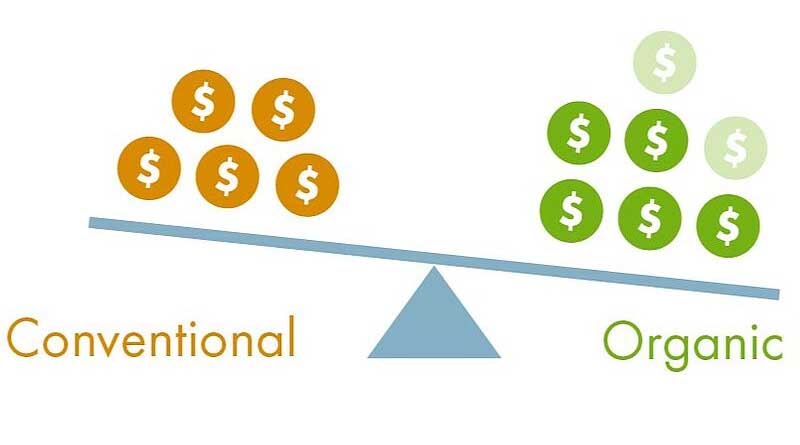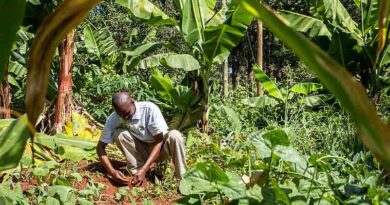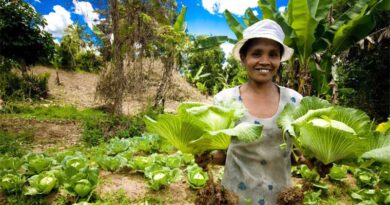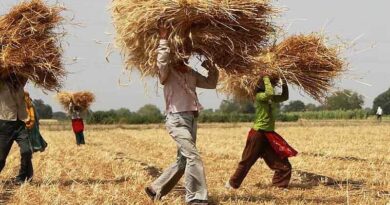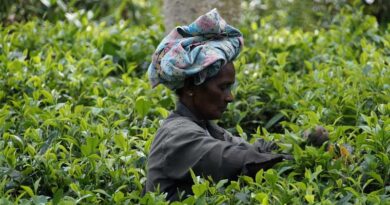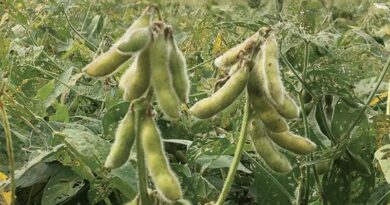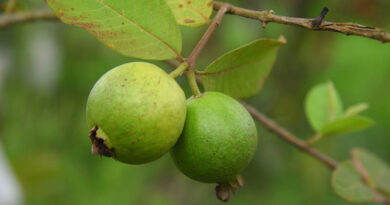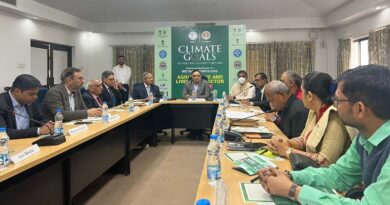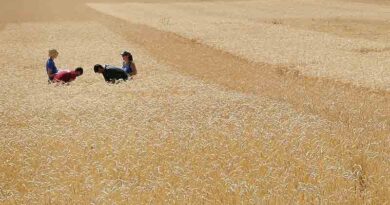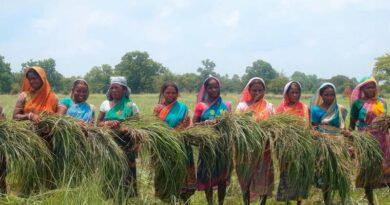A Viable Future: Agroecology and Organic Agriculture in the Tropics
12 April 2024, Switzerland: Organic agriculture and agroecology have the potential to facilitate the transition towards inclusive, healthy and sustainable food systems. FiBL’s new policy factsheet dispels misconceptions about agroecology and organic agriculture, showing that they can nourish a growing population, are profitable and affordable, and are scalable. It highlights key information for policy makers, derived from a comprehensive, evidence-based policy dossier – “Cultivating change with agroecology and organic agriculture in the tropics”.
Despite technological advancements in food systems since the green revolution, current food systems are failing to meet the needs of both society and the environment. Indeed, the negative side effects of these systems are rarely considered even though these hidden costs add up to almost ten percent of the global economic output. Nowhere are the challenges and hidden costs of current food systems more evident than in the tropics, where disproportionate food insecurity, malnutrition, and impacts of climate change pose significant threats. These obstacles are expected to intensify into the future due to climate change, demographic shifts, political instability, conflicts, and increased demands on natural resources.
FiBL’s latest publication, a four-page policy factsheet entitled: “The potential of agroecology and organic: Insights from scientific evidence in the tropics”, concisely argues that agroecology and organic can facilitate a beneficial transformation of production systems in the tropics, showing that they 1) can nourish a growing population, 2) are profitable and affordable, and 3) are scalable.
Food security, economic feasibility and climate resilience
Diverse agroecological and organic production systems produce a wide variety of crops, contributing to food and nutrition security in rural communities as well as diversifying income. These systems not only yield up to twice as much as conventional systems but can generate profits on par or even higher than conventional. This, combined with improved climate resilience, biodiversity and soil health results in lower hidden costs for farmers and society at large. Adaptable to different climates and farming conditions, agroecology and organic are scalable solutions vital for transforming food systems at a larger scale.
Overcoming barriers
Although the evidence in favour of agroecology and organic is quite compelling, their full benefits cannot be realised in most countries due to political and institutional barriers and lock-ins. Overcoming present and future challenges will require educated and empowered decision-makers and policymakers who support and develop strategies for transitioning to agroecology and organic.
Also Read: ADAMA Launches New Multi-Crop, Broad Spectrum Fungicide Maxentis®
(For Latest Agriculture News & Updates, follow Krishak Jagat on Google News)

